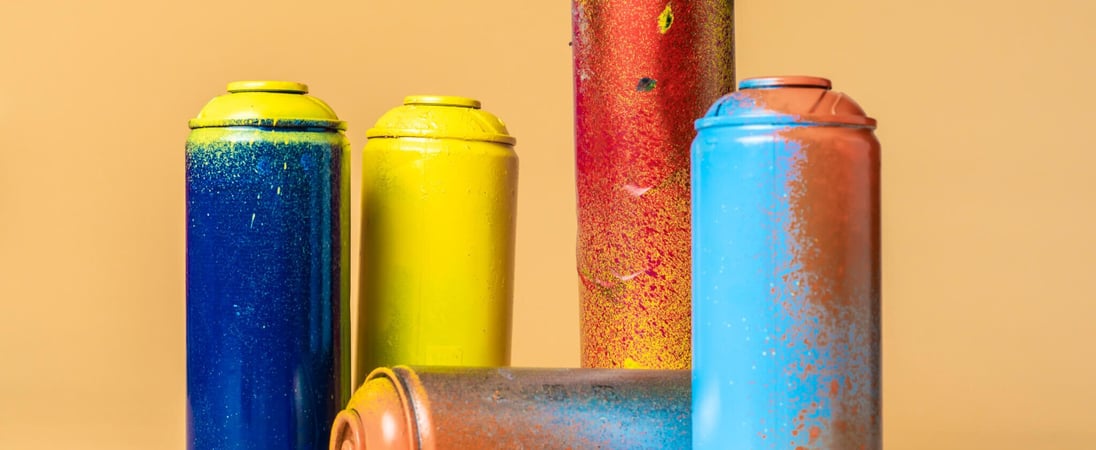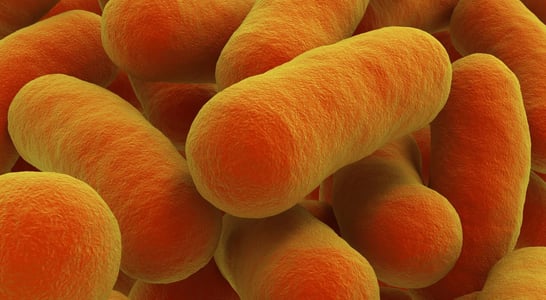
National Inhalants and Poisons Awareness Week
National Inhalants and Poisons Awareness Week is a critical event dedicated to educating the public about the dangers of inhalant abuse and accidental poisonings.
During this week, communities emphasize the risks associated with everyday household items that can be abused for their fumes.
Many people don’t realize that common products like nail polish remover, glue, or spray paint can be dangerously misused, especially by young people.
When inhaled, these items can cause short-term effects like dizziness, nausea, and confusion but also lead to serious health problems, including brain and organ damage.
The awareness campaign also highlights the risk of accidental poisonings, particularly in homes with young children. Toxic substances found in cleaners, batteries, or even some cosmetics can be hazardous if ingested or improperly handled.
Through educational programs, resources, and open discussions, National Inhalants and Poisons Awareness Week aims to empower families and caregivers with the knowledge to keep their homes safer.
How to Celebrate National Inhalants and Poisons Awareness Week
National Inhalants and Poisons Awareness Week offers a chance for everyone to focus on safety while keeping it fun and informative.
Here are a few ways to turn this important week into a lively learning experience for families and communities.
Start with a Home Audit
A smart start involves inspecting the home for items that might pose inhalant or poisoning risks. Take a look at under-sink cabinets, closets, and garages. Identify any household products that could be harmful if misused, and label or securely store them.
For an added twist, make it a scavenger hunt to engage kids in locating specific items safely and responsibly.
Create a Kid-Friendly Safety Quiz
Making safety a game helps kids understand important concepts without feeling overwhelmed. Design a quiz that covers common household items and their potential dangers. Include fun facts about everyday products, like how nail polish remover can be hazardous.
Rewards for correct answers will keep kids interested and reinforce key lessons in a lighthearted way.
Host a Community Info Session
Connect with neighbors by hosting a short information session on the dangers of household inhalants and poisons. Bring in a local health professional or a representative from a poison control center for added expertise.
Share tips, resources, and stories that inspire everyone to take small steps toward safer homes. Keep it interactive by allowing guests to ask questions or share their own safety practices.
Share Awareness on Social Media
Use social media to spread the word! Post safety tips, facts, and engaging content throughout the week. Try a “product of the day” feature where you share details on a common item that could pose a risk if misused.
Encourage friends and family to follow along, making it a shared experience that raises awareness in a fun, modern way.
Organize a Local Art Contest
Hold an art contest focused on safe household habits to bring out everyone’s creative side. Let participants illustrate their own safety tips or depict a “safety hero” in action.
Display the artwork in a public space or online to spread the message to a wider audience.
History of National Inhalants and Poisons Awareness Week
National Inhalants and Poisons Awareness Week began in 1992, initiated by the National Inhalant Prevention Coalition (NIPC) as a response to the growing concerns about inhalant misuse, particularly among teenagers.
This week-long campaign was developed to highlight the severe risks associated with common household products that, when misused, can act as powerful, harmful substances.
These sessions also aim to teach parents and educators how to spot early signs of misuse and encourage open conversations to reduce risk.
National Inhalants and Poisons Awareness Week has since gained traction across schools and communities, helping to prevent accidental poisonings and substance misuse through active outreach and information sharing.
Each year, the week offers fresh resources and events to reinforce this knowledge, from educational workshops to resource guides.
The awareness week falls during the third week of March, aligning with broader efforts in poison prevention as families nationwide tune into safety practices to protect children and teens.
See what else is happening…
There’s always more going on every month at Days Of The Year. Here are our favorites this month!
Also on ...
View all holidaysNational Panda Day
Nature's cuddly ambassadors, with a diet that's 99% bamboo and an unmistakable appearance that's sure to melt your heart.
National Corned Beef and Cabbage Day
Get ready to celebrate St. Patrick's Day with this delicious meal made of slow-cooked, savory meat and tender, flavorful vegetables.
National Sloppy Joe Day
This classic sandwich will have you licking your fingers! The tangy sauce mixed with savory meat on a soft bun is a crowd-pleaser.
National Let’s Laugh Day
Laughter boosts mood, relieves stress, and strengthens relationships. So, don't forget to laugh often and spread joy wherever you go!
We think you may also like...
Cancer Prevention Action Week
Promoting wellness and safeguarding health through knowledge and lifestyle choices, offering protection against a formidable adversary.
World Tuberculosis Day
Honoring the relentless human spirit in the face of a formidable adversary, a disease that has shaped history and medical progress.
World Parkinson’s Day
On the birthday of Dr. J. Parkinson, the first to describe and diagnose the disease, learn about Parkinson’s, donate or volunteer, and raise awareness.
National Public Health Week
The well-being of communities — disease prevention, and better living through knowledge and action, towards a healthier world.








